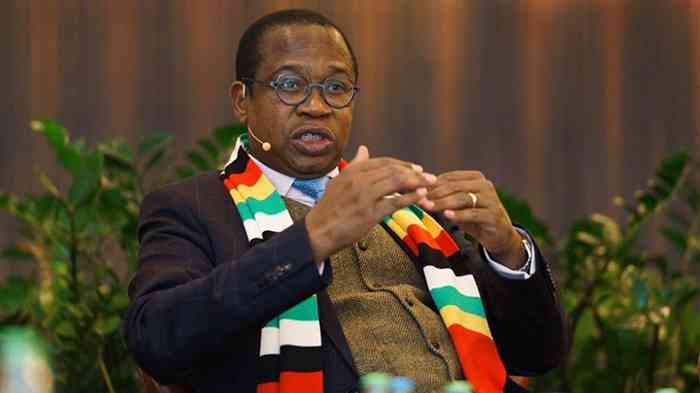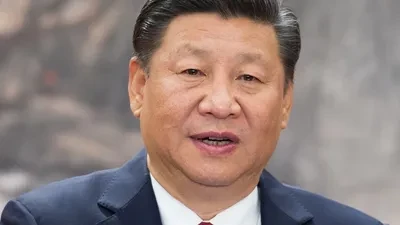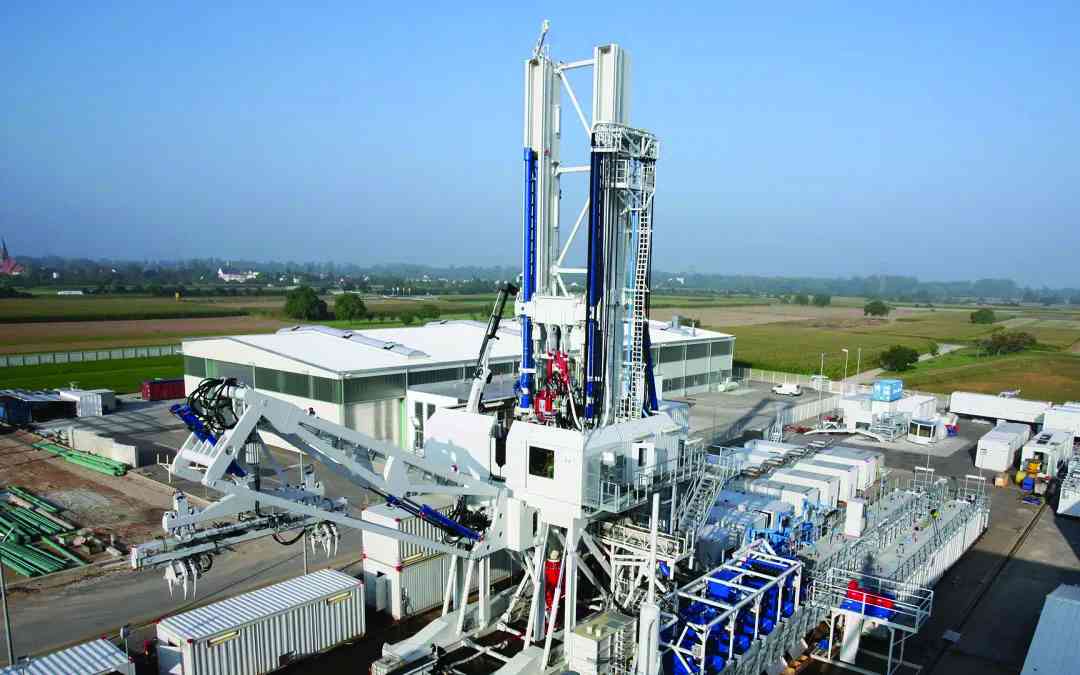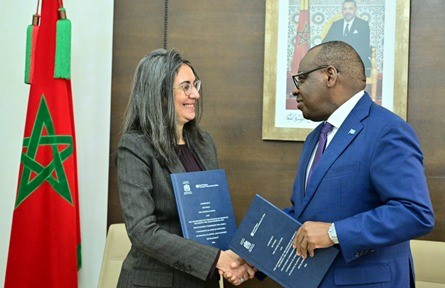
FINANCE minister Mthuli Ncube has said government will save in excess of 20% in terms of expenditure when everything falls in place with the value for money process which came into play last year.
The minister kickstarted the value for money process in a bid to stamp out middlemen in government procurement processes as well as the elimination of forward and double pricing which was blamed for contributing to galloping inflation and currency volatility.
Speaking to NewsDay Business on the sidelines of the launch of a US$10 million gold facility (revolving fund) in Harare yesterday, Ncube revealed that Treasury was strengthening the procurement process and stamping out overpricing by contractors.
“The value for money process is going on very well as the contractors we work with as government are complying. Everyone should be subjected to it so that at the end of the day government is able to use taxpayers’ money objectively with the right type and level of pricing. We have also issued a price guideline for various things that government procures, chickens, fruit, bond paper. We have spent a lot of value on bond paper just to make sure there are guidelines to follow. There are no specific numbers but we expect easily saving of 20% in terms of government expenditure when everything falls into line,” he said.
The US$10 million gold facility is broken down into two categories, namely the US$5 million Artisanal Gold Small Scale Miners Fund and US$5 million Gold Service Centre Revolving Facility.
“It was in the 2022 national budget statement that I announced that Zimbabwe had been allocated US$958 million by the International Monetary Fund (IMF), as part of a general allocation of US$650 billion that was released globally to all IMF member countries. It is from these resources that Treasury is targeting strategic sectors such as mining expansion and value addition. The mining sector has potential to generate foreign currency earnings and create jobs that will have a multiplier effect in growing the economy,” Ncube said.
“The gold facility has the potential to close the funding gap and spearhead increased productivity, as well as finance bankable projects with a focus on the value addition.”
He said in support of the value addition and beneficiation programme for the small-scale miners, government was availing the US$5 million Gold Service Centre Revolving Facility for the construction of six gold service centres to improve access to critical facilities by artisanal small-scale gold miners.
- Village Rhapsody: How Zimbabwe can improve governance
- Defaulting Zim in bid to pacify Paris Club . . .US$420.4m black hole exposed
- Fidelity loans, IMF windfall to give Zim mines a big lift
- I am not scared: AfDb chief shrugs off Africa food crisis
Keep Reading
A gold service centre is a one-stop shop that offers technical services to miners, access to milling centres, access to capital and a ready market for gold produced by small-scale miners to Fidelity Gold Refinery.
Zimbabwe’s mining sector is highly diversified, with close to 40 different minerals. The predominant minerals include platinum group metals (PGM), chrome, gold, coal, diamonds and lithium.
The country boasts the second-largest platinum deposit and high-grade chromium ores in the world, with approximately 2,8 billion tonnes of PGM and 10 billion tonnes of chromium ore. The mining sector accounts for about 12% of the country’s gross domestic product.











